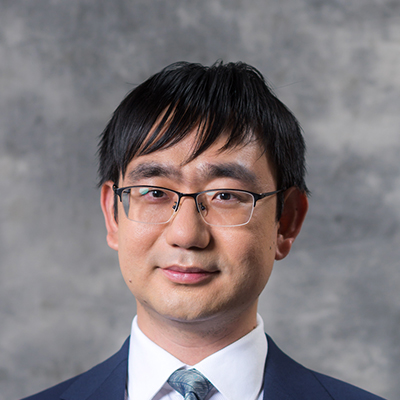
Dr. Xin (Sunny) Wang received B.S. from School of Physics, Peking University in 2005, and received his Ph.D. degree from Columbia University in 2010. His Ph.D. study was focused on the theory of strongly correlated materials, in particular the high-Tc superconductors. From 2010-2015, Dr. Wang was a Research Associate in Condensed Matter Theory Center at University of Maryland, College Park. He joined City University of Hong Kong as an Assistant Professor in 2015 and was promoted to Associate Professor in 2020. His current research interests include the theory of quantum computation using electron spins, correlated electron systems, and numerical methods. He has published more than 50 journal papers, including those in Nature Communications, npj Quantum Information, and Physical Review Letters.
Due to their limited coupling to charge noises, spin qubits have been the main candidates for robust quantum information processing in semiconductor quantum dot devices. Among the proposed spin qubits, singlet-triplet qubits stand out due to their all electrical control scheme. Although high-fidelity single-qubit operations have been experimentally demonstrated, the fidelities of two-qubit capacitive gates are limited. In contrast to conventional two-electron singlet-triplet qubits, we propose to host the capacitive gates between a pair of four-electron singlet-triplet qubits, each of which is operated in the detuning regime where the electron occupation is asymmetric. Using full configuration interaction calculations, we show that the non-monotonic behavior of the dipole moment of each qubit leads to an optimal operating point where the capacitive coupling is maximal and the effective exchange energies are first-order insensitive to charge noises. Numerical simulations under realistic charge noises and hyperfine noises show that operating CPHASE gates at the optimal point can achieve fidelities above 99%.
[1] G. X. Chan and X. Wang, Phys. Rev. B 106, 075417 (2022)